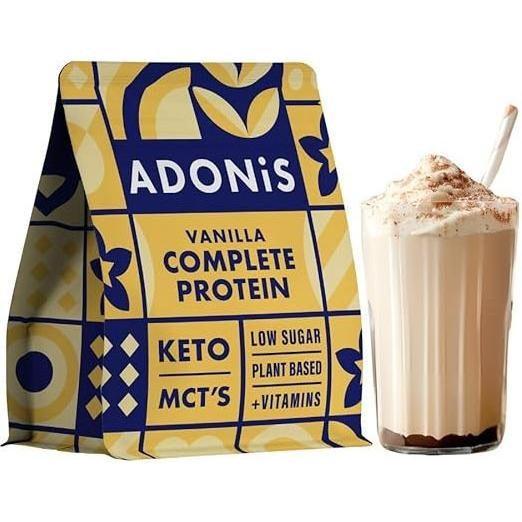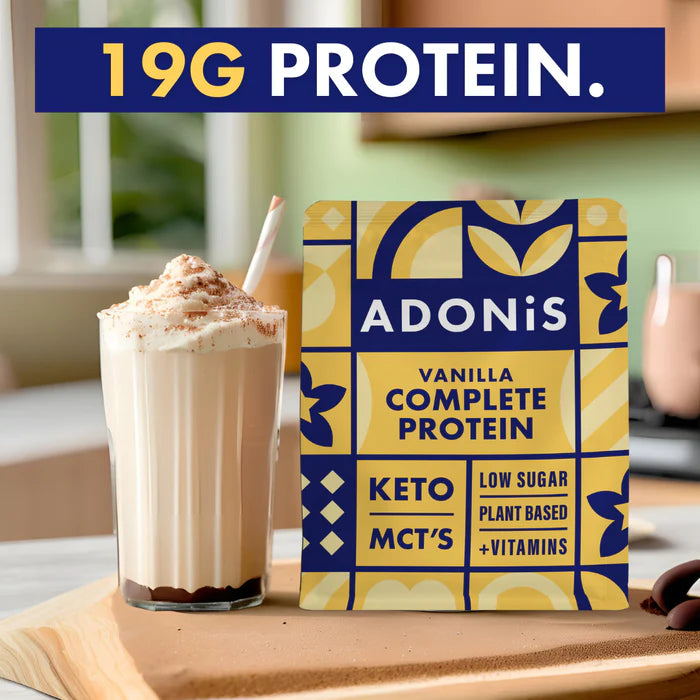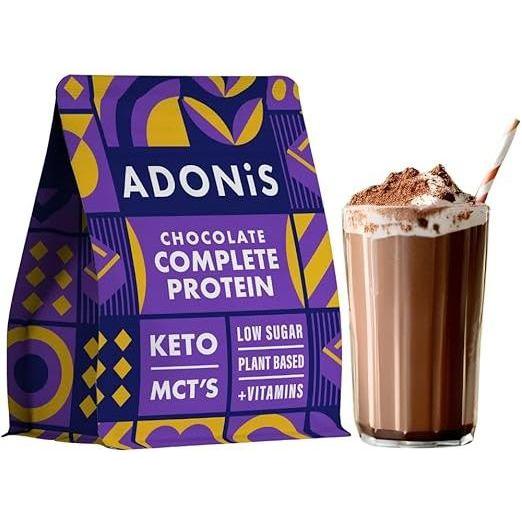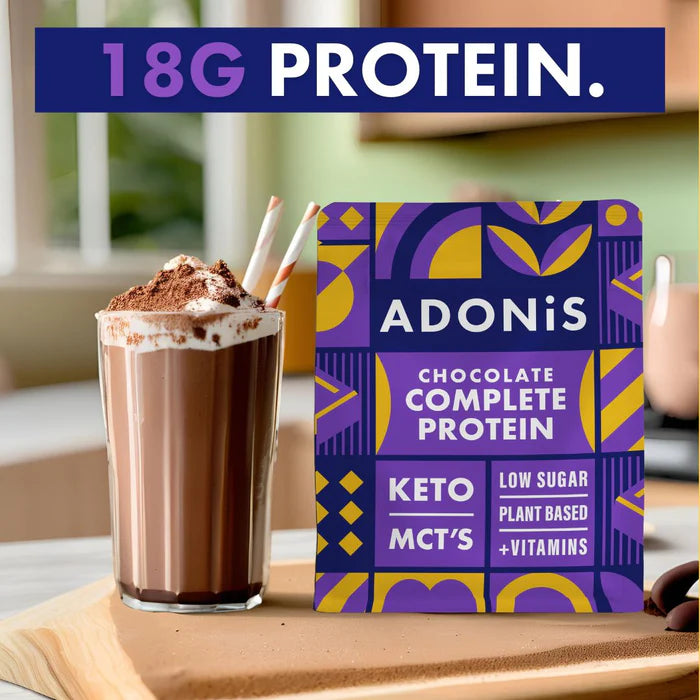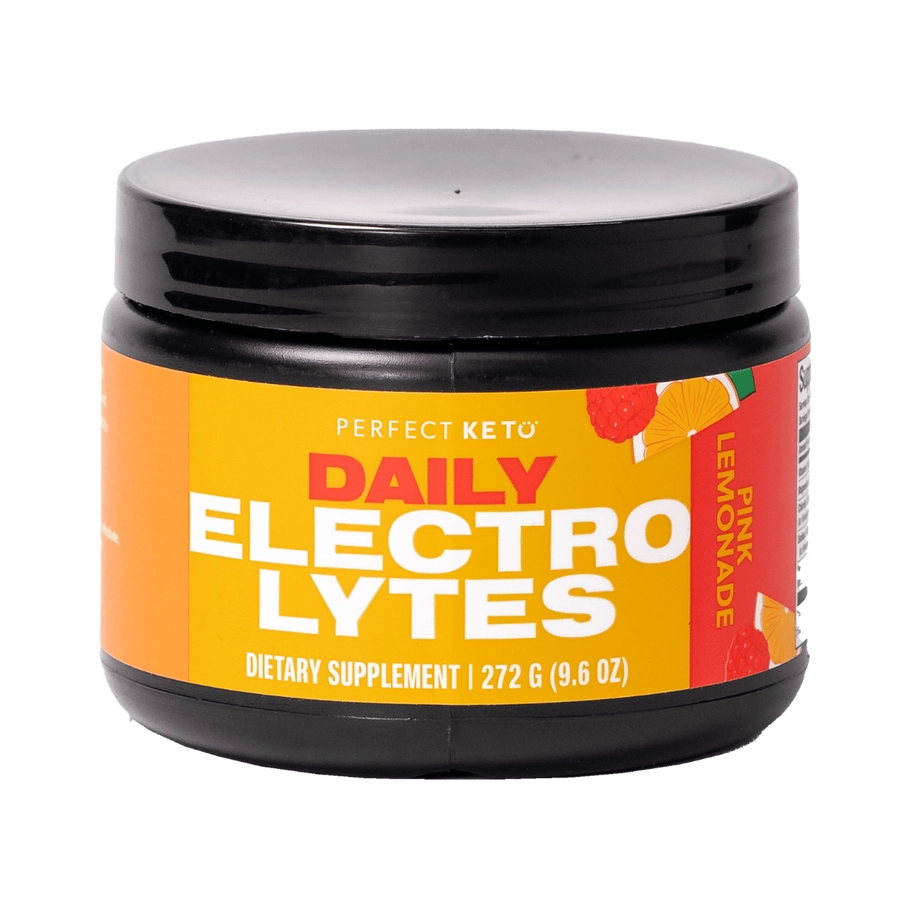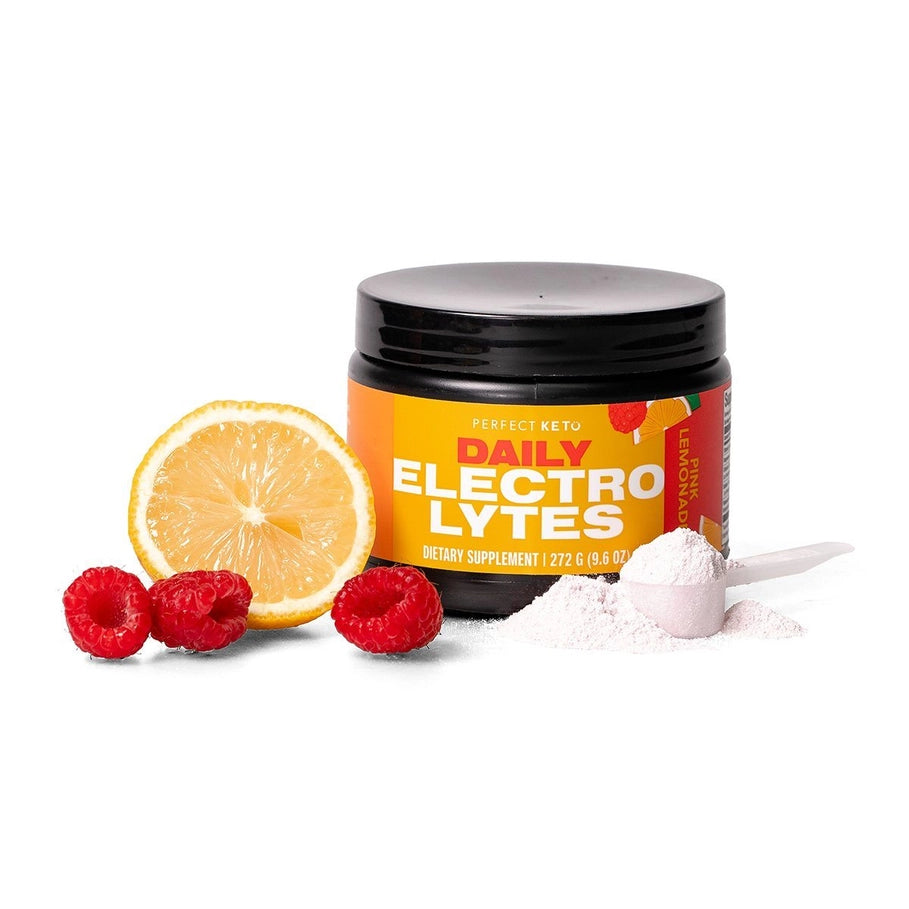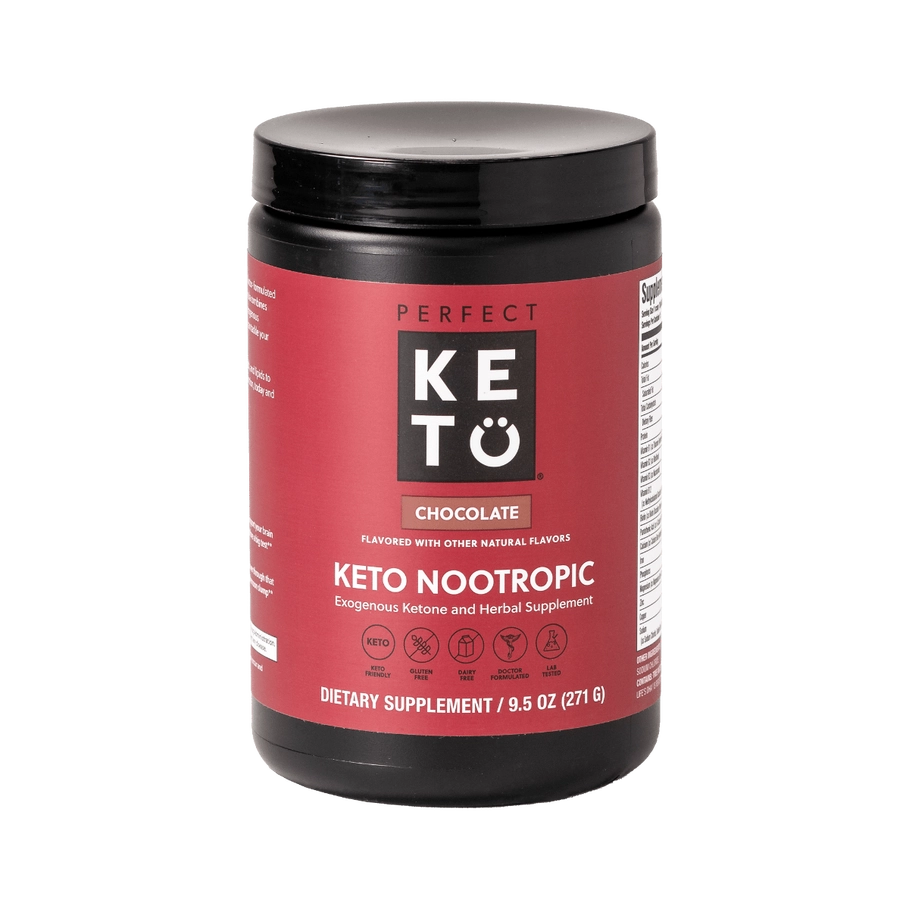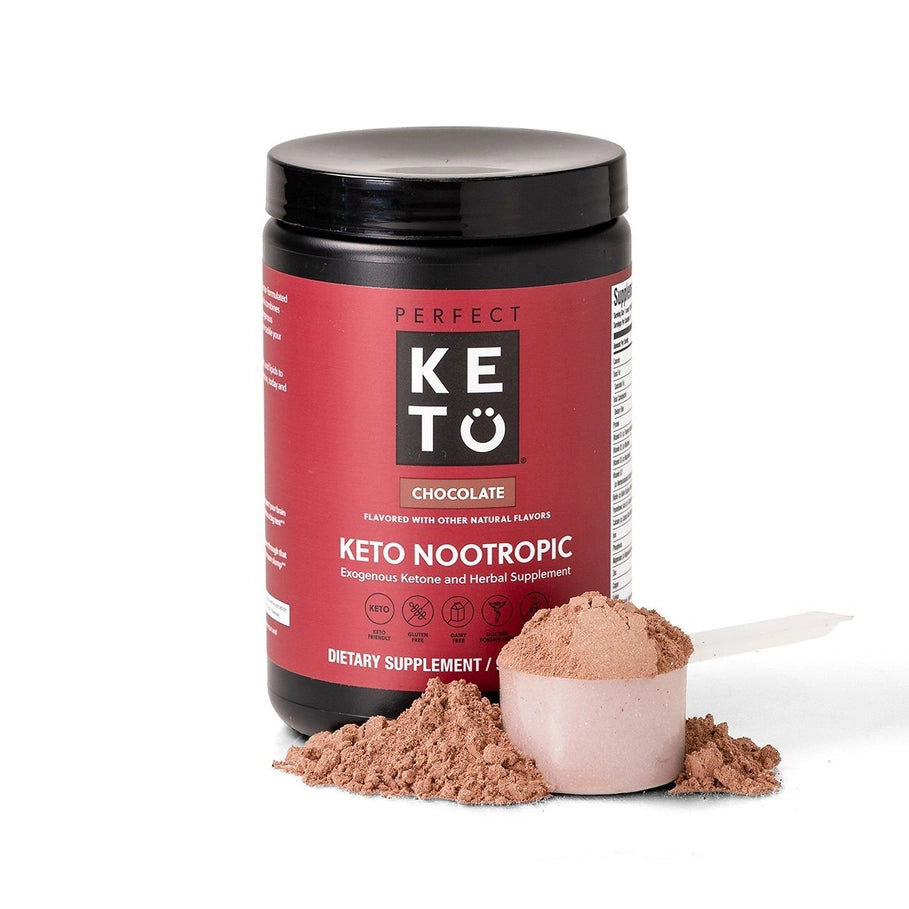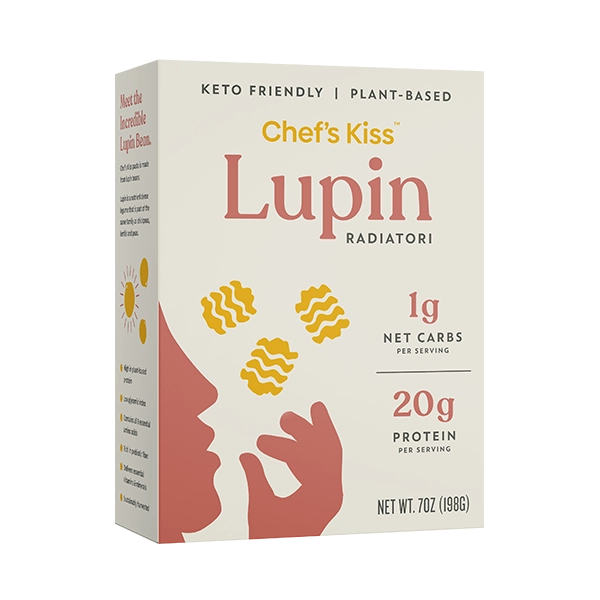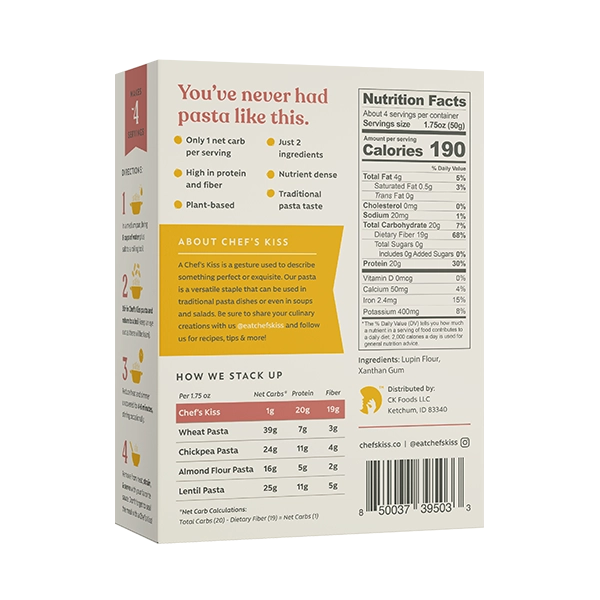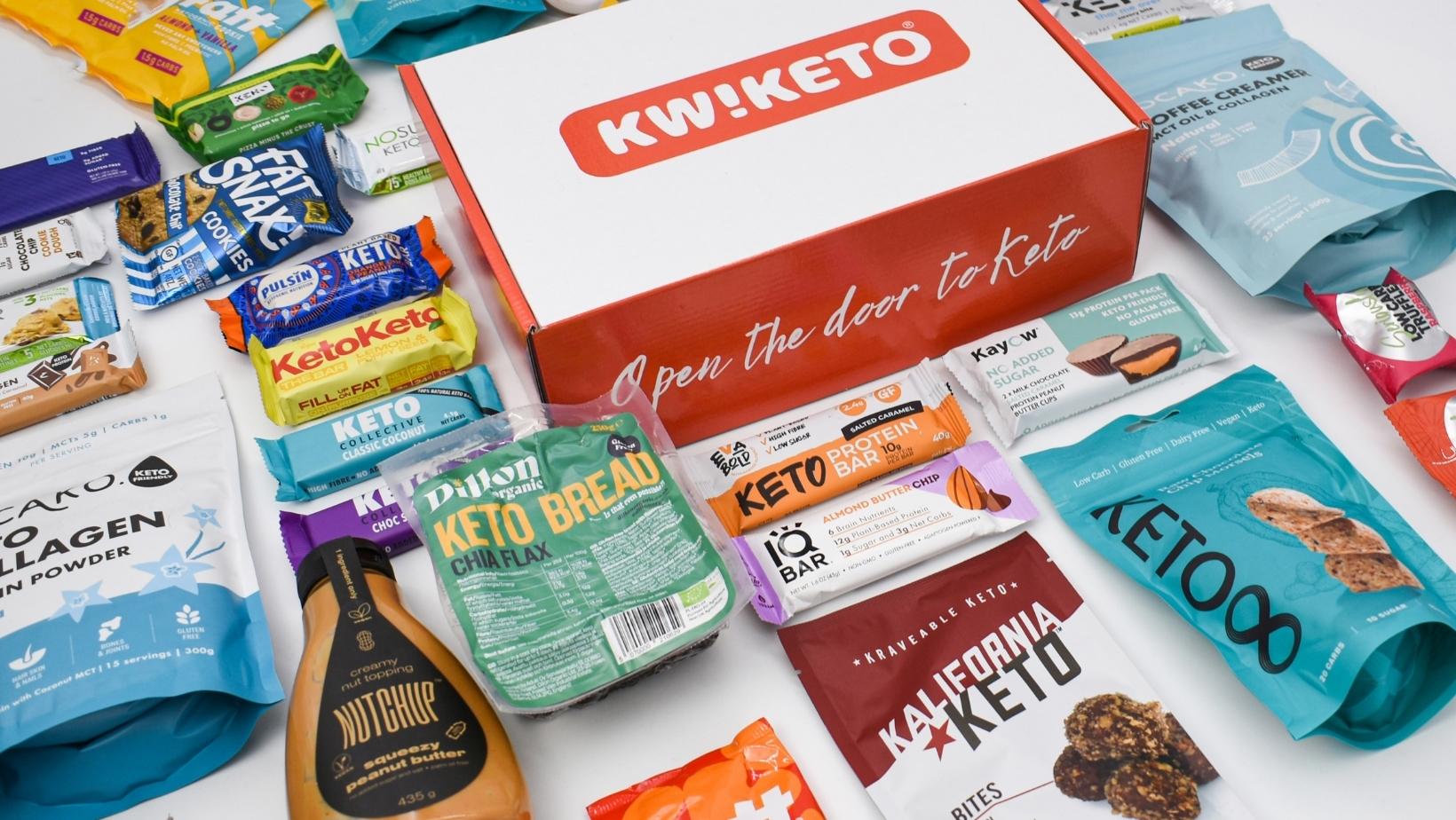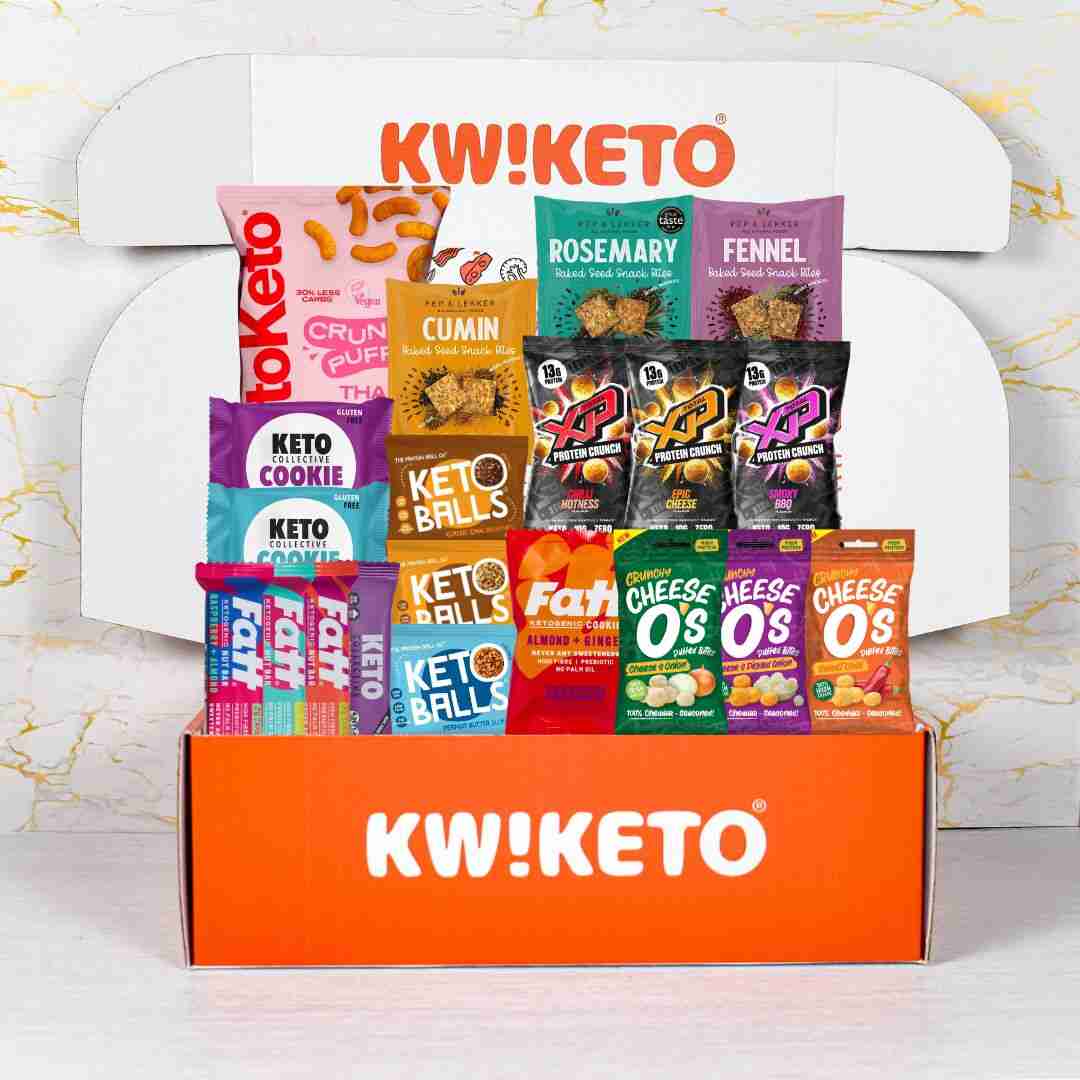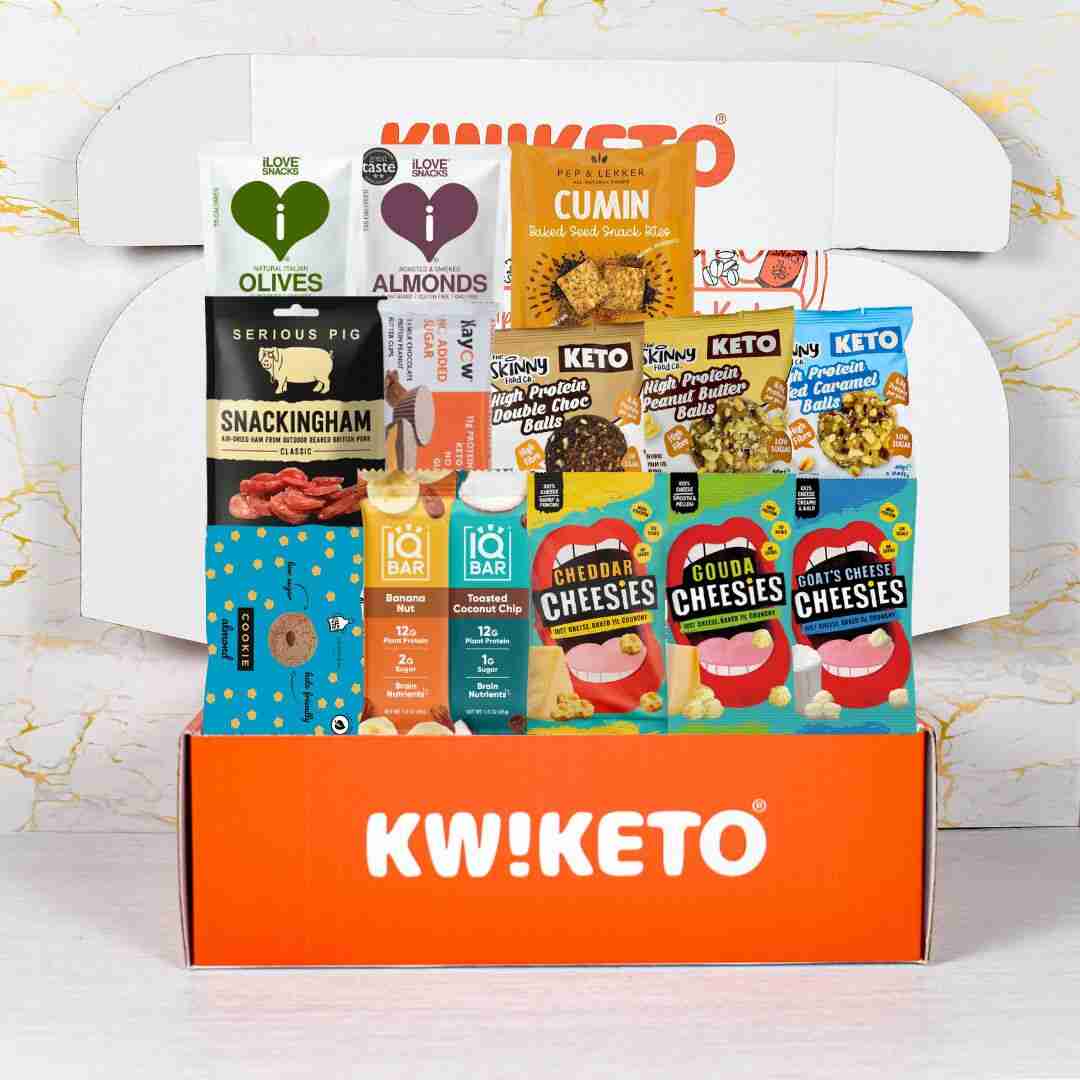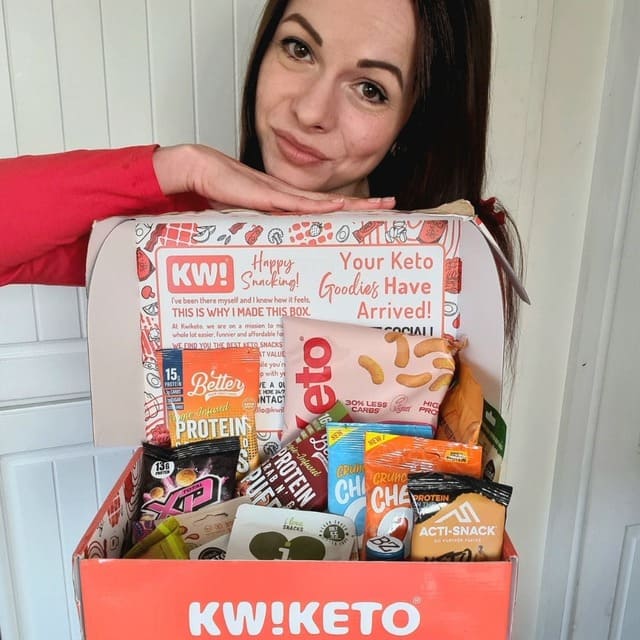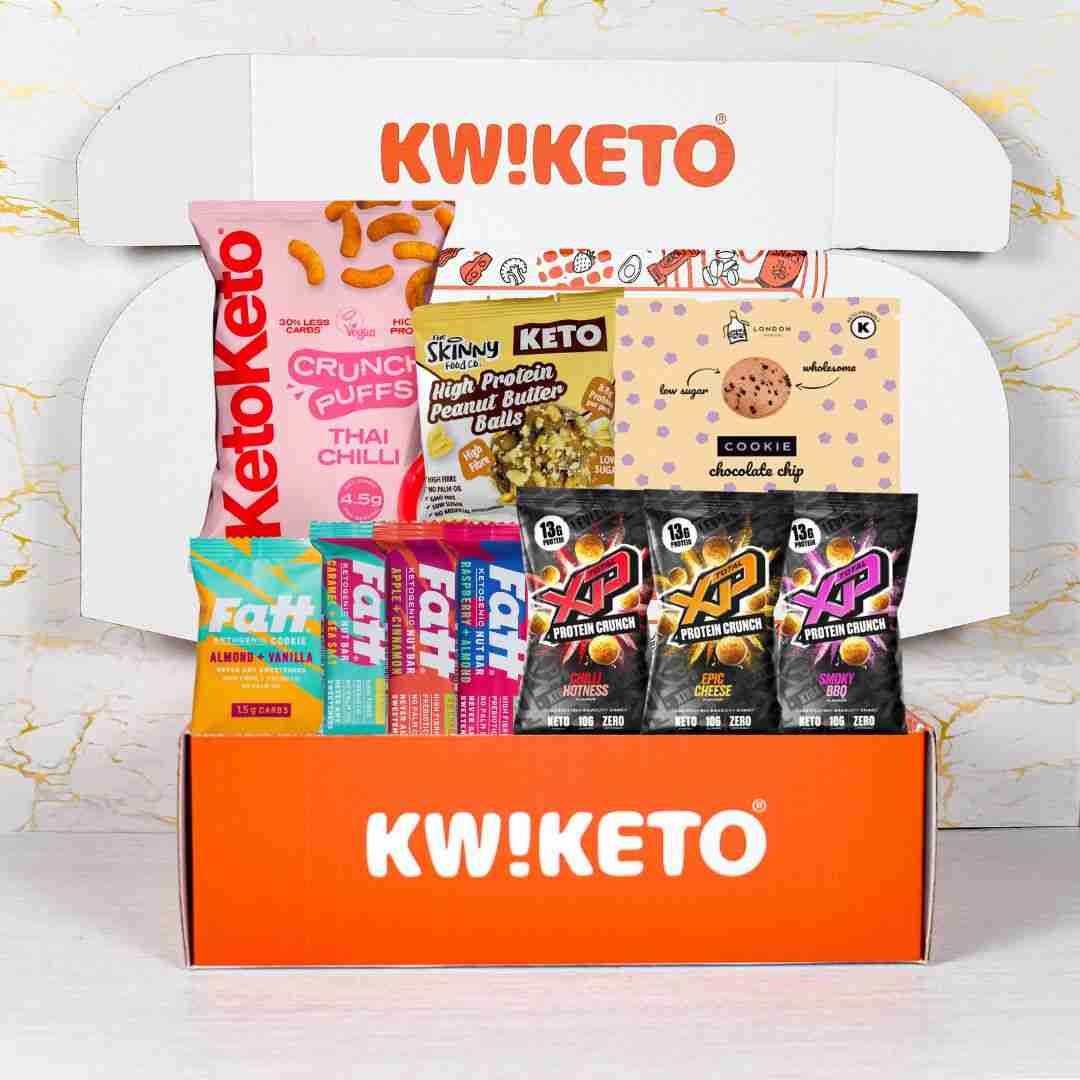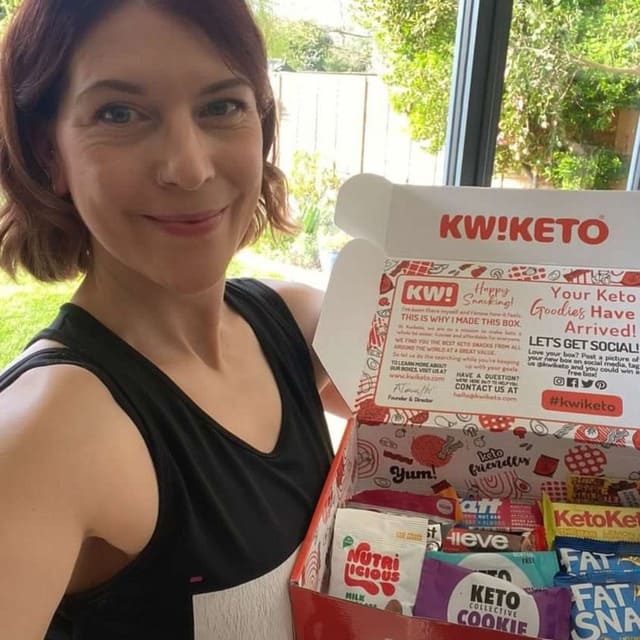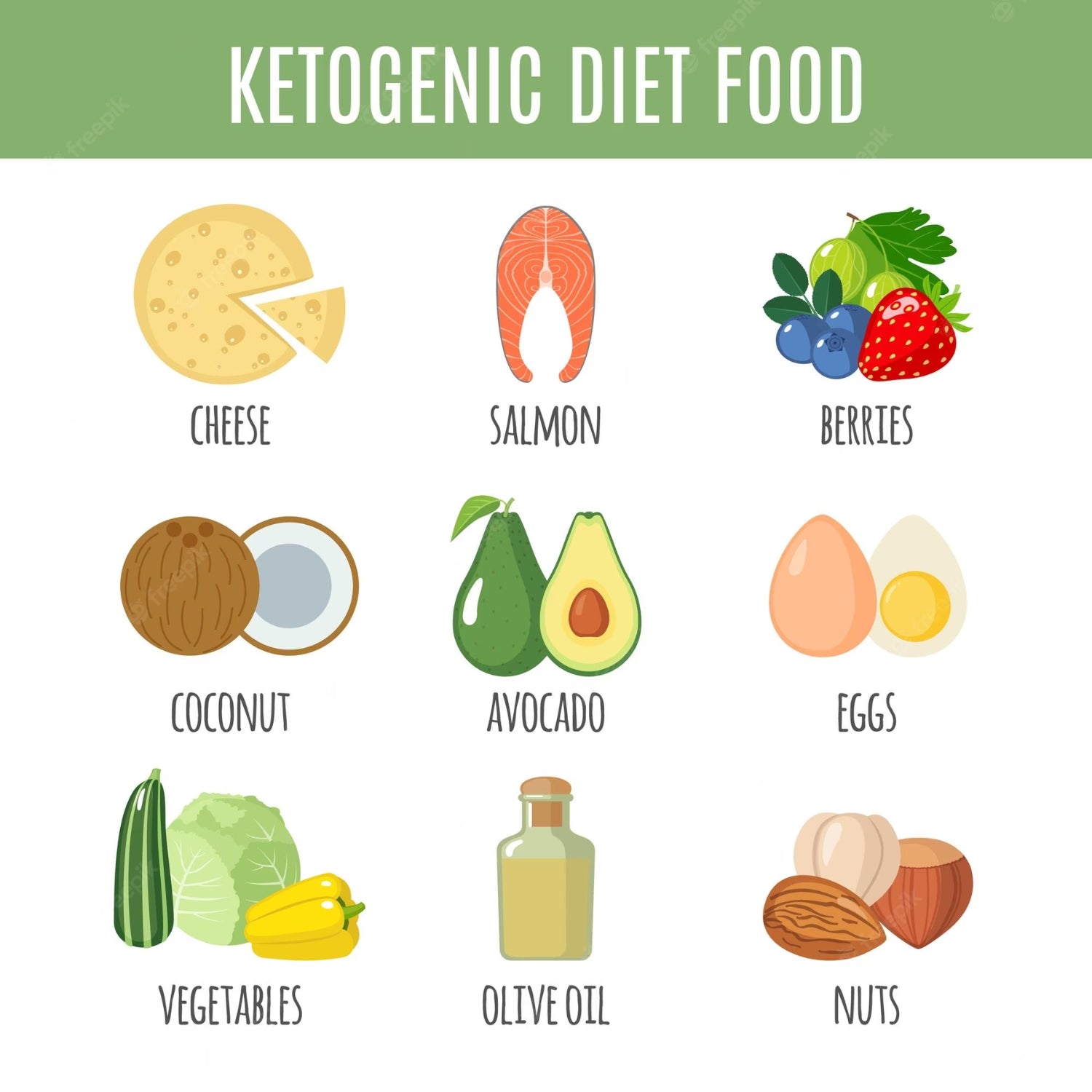
What to eat and what avoid in a Keto Diet
Master Guide: Keto Diet - What To Eat and What To Avoid
In recent years, the ketogenic diet has become a major health trend. Known for its high-fat, low-carb, and moderate-protein nutritional profile, this diet aims to shift the body into a state of ketosis. This dynamic metabolic state encourages the body to utilize stored fat as its primary energy source, instead of carbohydrates.
While the benefits of a ketogenic diet are well-documented, it can be challenging to understand what foods to include and what to avoid. This comprehensive guide will break down the ins and outs of a keto diet, providing you with the knowledge you need to successfully embark on your keto journey.
What's the Keto Diet
The ketogenic diet originated as a therapeutic diet for managing epilepsy, particularly in children resistant to medication. However, its benefits have since expanded to include weight loss, blood sugar control, and even potential improvements in various health conditions such as cancer, Alzheimer's disease, and diabetes.
The keto diet typically restricts carb intake to 20-50 grams per day. This limitation forces the body into a metabolic state called ketosis, where it burns fat for energy instead of glucose derived from carbs. When the body is in ketosis, it breaks down stored fat into molecules called ketones, which fuel your cells.
The key to a successful keto diet is knowing what to eat and what not to eat. Let's dive into the foods you can enjoy on a keto diet, and the ones you should avoid.
Foods You Can Enjoy on a Keto Diet
These are the foods that are keto-friendly and can be enjoyed freely on this diet.
1. Meats and Seafood
Meats and seafood are staples in the ketogenic diet. They are high in protein, rich in B vitamins, and contain zero carbs. This includes a variety of meats such as chicken, pork, steak, ground beef, lamb, bacon, turkey, ham, and even sausage in moderation.
Seafood, particularly fatty fish like salmon, snapper, tuna, halibut, cod, trout, and catfish, is also highly encouraged. These fish are rich in omega-3 fats, which have numerous health benefits, including improved brain health and a decreased risk of disease.
2. Dairy and Eggs
High-fat dairy products like cheese, heavy cream, and sour cream are ideal for the keto diet due to their high fat and low carb content. Cheese, in particular, pairs well with many foods and adds a delicious flavor to meals.
Eggs are another excellent source of protein and are rich in many essential nutrients. They're also incredibly versatile and can be incorporated into your diet in numerous ways.
3. Oils and Fats
Healthy fats are crucial in a keto diet. These include fats from eggs, butter, coconut oil, olive oil, ghee, lard, avocado oil, and mayonnaise. Some people even add butter or coconut oil to their coffee for an extra boost of fats, creating what's known as "bulletproof coffee".
4. Low-Carb Veggies
Non-starchy vegetables like cauliflower, cabbage, broccoli, zucchini, green beans, peppers, eggplants, tomatoes, asparagus, cucumber, onion, mushroom, spinach, lettuce, and olives are excellent choices. These veggies are low in carbs and calories but high in many nutrients, including vitamin C and several minerals.
5. Nuts and Seeds
Nuts and seeds are packed with healthy fats and protein, making them an excellent snack choice. Almonds, peanuts, macadamia nuts, pecans, hazelnuts, walnuts, as well as their respective butters, are all good choices.
6. Berries
While fruit is typically high in carbs, berries are an exception. Berries like blueberries, blackberries, and raspberries are low in carbs and high in fiber, making them a delicious and nutritious addition to a keto diet.
7. Beverages
Water is the best choice, but coffee and tea are also acceptable options as long as they're unsweetened. If you need a sweetener, opt for a non-caloric one. Meanwhile, a small amount of milk or cream can be used in your coffee.
Foods to Avoid on a Keto Diet
While many delicious and nutritious foods are compatible with a keto diet, there are several foods that you should limit or altogether avoid to maintain ketosis. These foods are high in carbs and can easily throw your body out of the ketosis state.
1. Grains
Grains, such as wheat, rice, rye, oats, corn, quinoa, barley, millet, bulgur, amaranth, buckwheat, and sprouted grains, are high in carbs and should be avoided. This includes foods made from these grains, like bread, cereals, pasta, and beer.
2. Starchy Vegetables and High-Sugar Fruits
Starchy vegetables like potatoes, corn, and beets are high in carbs and should be limited. Similarly, high-sugar fruits like bananas, grapes, and mangoes should also be avoided.
3. Sweetened Yogurts and Juices
Sweetened yogurts and fruit juices are high in sugar and carbs, making them unsuitable for a keto diet. Instead, opt for plain Greek yogurt and water.
4. Sugary Foods and Sweeteners
Sugar, honey, maple syrup, and other forms of sugar are high in carbs and should be avoided. Additionally, foods and drinks sweetened with these should also be limited.
5. Legumes
Legumes, such as black beans, kidney beans, pinto beans, navy beans, soybeans, peas, chickpeas, and lentils, are high in carbs and should be limited.
Guidelines for a Successful Keto Diet
While it may seem daunting at first, following a keto diet can be straightforward once you understand the basics. Here are some guidelines to help you navigate this diet successfully:
-
Monitor Your Carbs: Keep track of your daily carb intake to ensure you stay within the 20-50 gram range.
-
Stay Hydrated: Drink plenty of water throughout the day. Staying hydrated can help alleviate symptoms of the "keto flu," a common side effect when starting the diet.
-
Don't Fear Fats: Healthy fats are your friend on this diet. Don't shy away from them—instead, incorporate them into your meals and snacks.
-
Listen to Your Body: Everyone's body reacts differently to dietary changes. Pay attention to how you feel and adjust your diet accordingly.
-
Seek Medical Advice: Before starting any new diet, it's essential to speak with your healthcare provider. They can provide guidance and ensure the diet is safe for you.
Conclusion
The ketogenic diet is a high-fat, low-carb diet that can offer numerous health benefits when followed correctly. Understanding what to eat and what to avoid is crucial to achieving and maintaining a state of ketosis. With careful planning and mindful eating, the keto diet can be a sustainable and beneficial dietary choice for many individuals. Always consult with a healthcare professional before starting any new dietary regimen.

